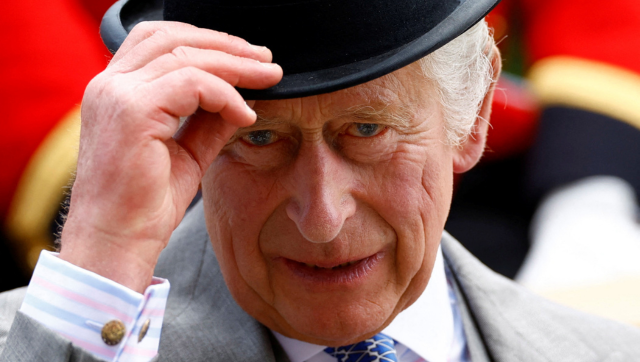King Charles’s recent appointment of Dr. Michael Dixon, a known advocate of faith healing and herbalism, as head of the royal medical household, has sparked concern among academics and campaigners. Dixon, 71, who has a history of promoting complementary medicine, has held this position quietly for the past year, according to a report by the Sunday Times. Unlike previous appointments, Dixon’s role, responsible for the health of the king and the broader royal family, is not combined with being the monarch’s physician. His duties include overseeing health matters and representing the royal family in discussions with the government. Dixon, recognised for his distinctive bow ties and a long association with the king, spent nearly half a century in the NHS. His controversial practices include inviting a Christian healer to his surgery and experimenting with unconventional treatments like devil’s claw for shoulder pain and horny goat weed for impotence. As per reports, Critics, such as Professor Edzard Ernst from the University of Exeter, argue that Dixon’s promotion of homeopathy undermines evidence-based medicine, potentially weakening the NHS and causing harm to society. Ernst emphasizes that homeopathy’s only legitimate place is in the history books of medicine. Buckingham Palace has defended Dixon’s appointment, stating that complementary therapies can coexist with conventional treatments as long as they are safe, appropriate, and evidence-based. However, organizations like the Good Thinking Society express concern, highlighting that advocating for homeopathic remedies contradicts established evidence. The controversy also raises questions about King Charles’s stance on complementary medicine, given his past support for homeopathic organizations. Campaigners argue that placing someone with Dixon’s beliefs in such a high-profile role jeopardizes trust in conventional medicine and questions the king’s judgment. Graham Smith, CEO of the campaign group Republic, criticises the appointment as risky for the royal family, shedding light on beliefs that many might not be aware of. The palace spokesperson emphasises Dr. Dixon’s credentials and clarifies his position on complementary therapies, citing Prince Charles’s documented stance on patient choice and integrated health during his time as Prince of Wales. Dr. Dixon is still to respond on the controversy.
Edzard Ernst from the University of Exeter, argue that Dixon’s promotion of homeopathy undermines evidence-based medicine, potentially weakening the NHS. Ernst emphasizes that homeopathy’s only legitimate place is in the history books of medicine
Advertisement
End of Article


)

)
)
)
)
)
)
)
)



